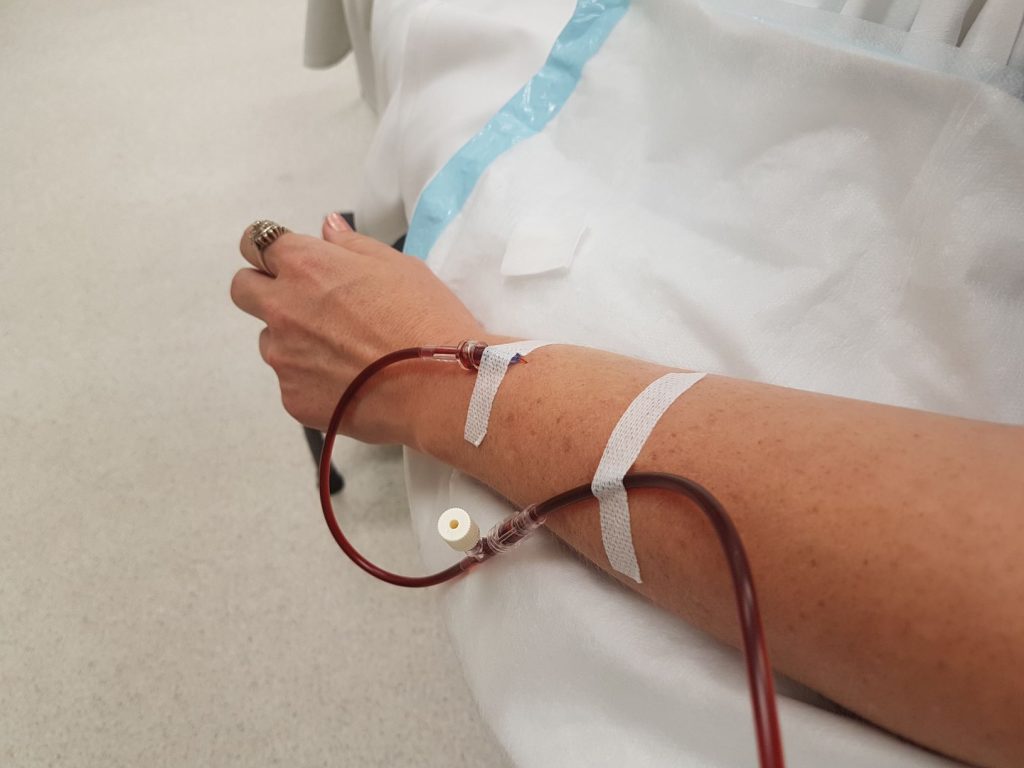When people are growing concerned about drug side effects, some find clinical acupuncture in Toowoomba helpful as an alternative non-medication option. Acupuncture is a non-mediation alternative that dates back to around 100 BC in China. The process of acupuncture entails the insertion of thin needles into the skin at multiple locations based on the patient’s symptoms.
How is acupuncture therapy performed?
Acupuncturists must use single-use sterile needles that are made of flexible stainless steel and very fine. Once inserted into the skin, they get stimulated through gentle or specific movements by the acupuncturists.
Needles are likely to stay in place for about 20 to 40 minutes. The time frame is shorter for weak people and longer for people with chronic conditions and children.
Are there any side effects?
Side effects are not limited to medications; procedures can also cause adverse effects. Acupuncture is relatively safer if the practitioner uses single-use, sterile needles. Side effects might include skin infections and bleeding. It is worth investing in an experienced or professionally accredited acupuncturist.
Choosing an acupuncturist.
Choosing an acupuncturist might seem perplexing, especially if it is your first time. Here are some of the common factors to look for:
Qualifications: Ensure you work with a qualified, nationally accredited acupuncturist with confirmed qualifications. By law, all acupuncturists must be nationally accredited and carry malpractice insurance.
Knowledge: Check if the acupuncturist is well-versed in current research. The acupuncturist should be up-to-date on the latest techniques and current practices.
Expertise relevant to your specific condition: While an acupuncturist can treat most complaints, most of them have areas where they are good. It would help if you tried to find an acupuncturist whose expertise aligns with your needs.
What to expect from the first acupuncture appointment?
Expect an in-depth interview process where your acupuncturist seeks to understand your health situation, including questions you may have never been asked before. They will take an extensive case history, including many aspects of your health, diet and lifestyle, before getting a diagnosis. While every acupuncturist has a different interviewing process based on their training and expertise, there are standard questions that every acupuncturist is likely to ask. Acupuncture therapy takes a holistic approach to health and wellbeing. The different organs in the body are interconnected, but acupuncture has a unique way of observing those connections. As a result, most conditions that manifest in a specific way (such as skin or neural diseases) may, for instance, stem from digestive and intestinal problems. Answering the acupuncturist’s questions can increase the accuracy of diagnosis, helping your acupuncturist understand how best to treat your specific condition.
If you are interested in acupuncture, let Hooper Medical Centre’s professional acupuncturists care about your needs.


